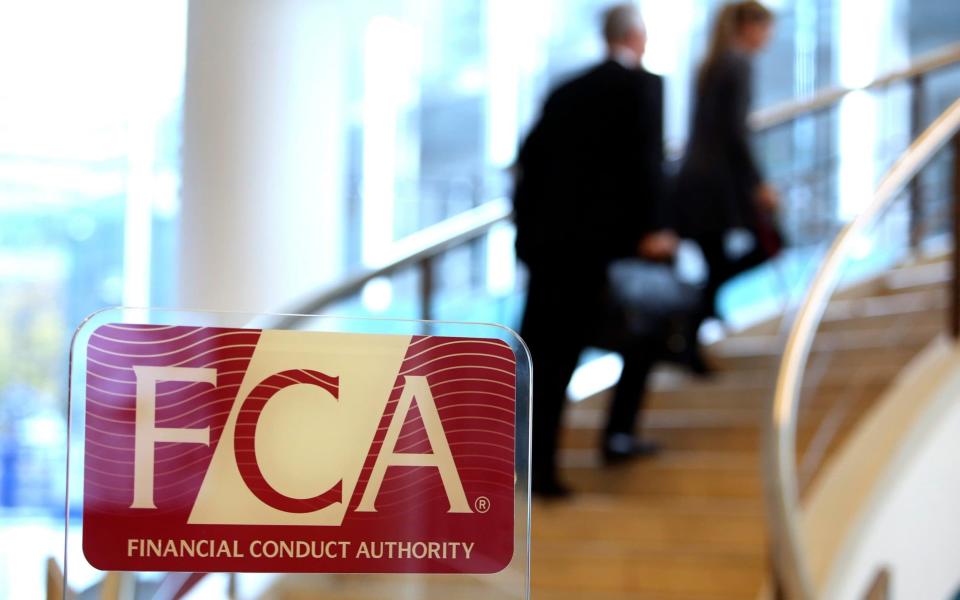Investors to get cheaper funds after watchdog action

Investors will save £1bn in fees after the City watchdog ordered asset managers to cut the costs of funds.
Investors who are in old versions, or share classes, of funds must be shifted to the cheapest version as soon as possible, following a landmark review of the asset management sector.
The Financial Conduct Authority (FCA) has told asset managers that they must automatically switch investors to cheaper versions of funds.
Research company Fitz Partners said that a third of investor money may be in old share classes of funds. It estimates that investors are paying £1bn a year too much in fees to asset managers, with an average overpayment of half a percent on each fund.
The FCA released the first proposals from its review of asset managers in November 2016. It recommended cuts in fund prices, more clarity about how they invest, an easier process for investors who wish to move between funds and a crackdown on underperforming portfolios.
Since then it has consulted the industry on the proposed changes, and released its final rules.
Christopher Woolard, of the FCA said: “The investment choices open to people, and the decisions they make on how to invest, can have a profound impact on their financial health. That’s why it is important the asset management industry is working as well as possible.”
Asset managers issue different share classes for funds, each with a different fee. This enables them to charge lower amounts to institutional investors or retail investment shops that invest large sums.
However, previous changes to regulation intended to make funds cheaper had the unintended consequence of leaving investors in share classes that cost 1.5pc a year or more – when the same fund is available in a newer, “clean” share class that costs only 0.75pc.
It is complicated for investors to switch between share classes of funds, particularly if they are held directly with the asset manager, deterring many from doing so.
Mike Barrett, of consultancy the Langcat, said that asset managers will either have to automatically switch investors to the cheapest version of the fund, or transfer all their clients on to an online broker or platform.
“I think most of the managers have been looking at this for quite a while, and the regulator has said they don’t need to get authorisation from investors – so I would expect them to get on with it fairly rapidly,” he said.
The proportion of investor assets in expensive share classes of funds has fallen dramatically in recent years, according to Fitz Partners – from more than 70pc in 2013 to 34pc today.
However, the continuing pressure on asset managers to lower fees on funds has widened the gap between the legacy, expensive funds and the cheapest versions, the firm said.

 Yahoo Finance
Yahoo Finance 